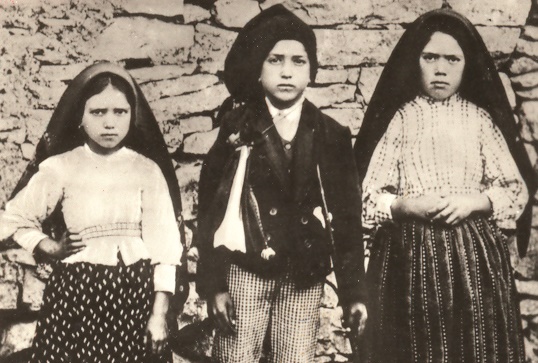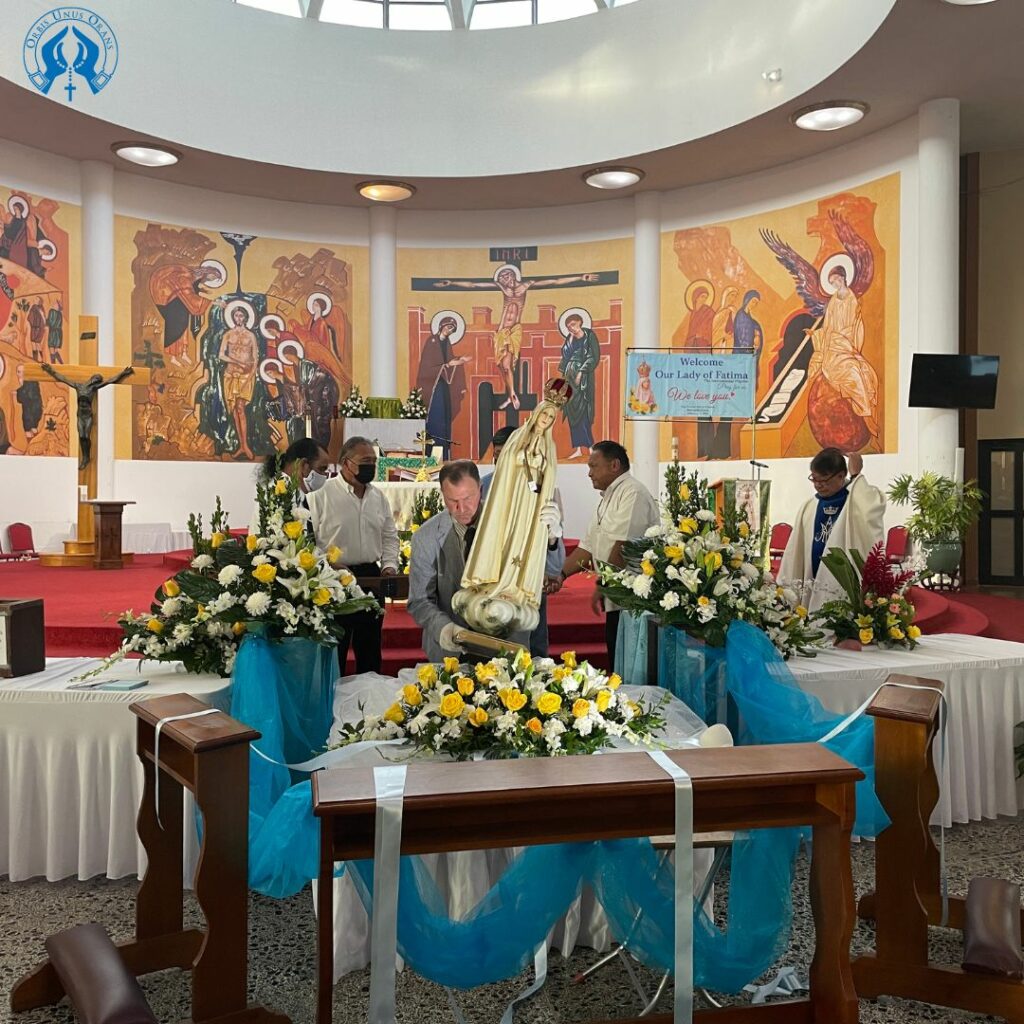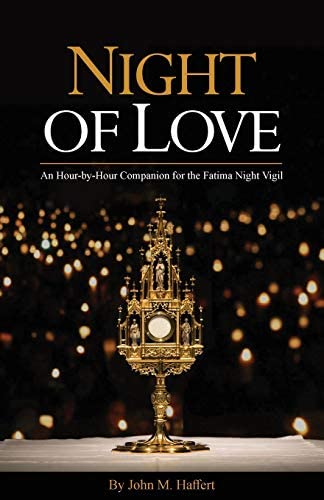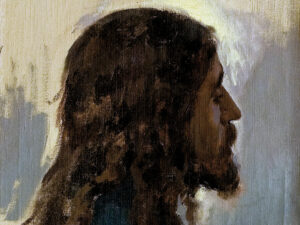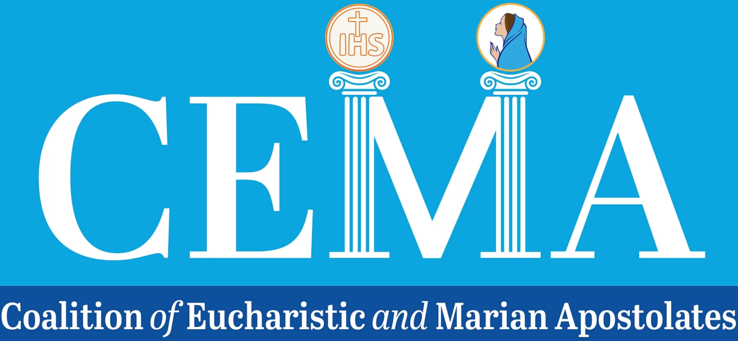by David M. Carollo –

Ashes on the forehead, fasting and abstaining. Discomfort and deprivation. 40 days of difficulty. On a positive note, a chance to lose a few pounds. No, that’s still not right.
The season of Lent is a time of preparation. Sure, we are called to sacrifice in this time when we unite our lives with that of Christ who prepared to give all for us, but it should be a time of cleansing and joyful connection with the Lord. It should be a time when we strive to understand why He came amongst us. Jesus did not come to bring pain and suffering. On the contrary, He came to bring us a prescription for life that leads us to eternal happiness. Yes, there is sacrifice involved, but the payback is beyond our ability to understand. There is, however, a joy in being in sync with God. Following Him leads to a joyful connection and an understanding of Divine Will. It brings us closer to heaven, wherein Divine Will reigns supreme.
Our instant gratification society has discarded the idea of sacrifice. As a result, we find it hard to appreciate that there is a cost for everything worthwhile. ‘No pain, no gain’ is what our coaches told us. It is not possible to be ready for a game without practicing first. Christ prepared for 33 years to be ready for Good Friday. Asking us to be penitent for 40 days, particularly when we are the cause of His suffering, is not a lot to ask. Having traveled to Third World countries, I have come to understand how little we sacrifice in our middle class existence. We do not, however, need to be plunged into extreme poverty to understand sacrifice. A better acceptance of the difficulties that life places before us is the first step in moving toward Christ. The Fatima message calls us to this. Are you willing to accept the difficulties and sufferings that God will allow to come your way and to offer these for the salvation of sinners? Our Lady asked this of the children of Fatima. Their resounding ‘yes’ was a statement they wished to share in the Passion of Our Lord. It is simple acceptance and submission to the will of God that puts us on the path to union with Him.
Abstinence clears the head and allows us to better focus on what is important. Avoiding certain foods or drinks – even skipping a meal helps us to better emulate Christ who lived a temperate life. Worry not, I do not believe that anyone in this country ever died from eating less as an offering of reparation during Lent. Missing a TV show because of some extra time spent in prayer never caused serious withdrawal to the best of my knowledge.
Lent is also a time of repentance. When we sin, as we all have been guilty, we often feel remorse for our actions. We all have things in our lives that we wish we had not done and have failed to act when circumstances called for action – as Frank Sinatra said in the song “Regrets, I have a few.” Remorse is our conscience making a natural response to wrong actions. We are not necessarily repentant if we feel uneasy about past actions. Judas had remorse for betraying Our Lord. He apparently did not have repentance. King David and St. Peter felt remorse for their actions against God, but they brought it to the necessary step of repentance, true contrition for offending God and a true purpose of amendment. God forgives a contrite heart that truly wants to follow the right path. He told the woman caught in adultery, “Now go, and sin no more.”
We must strive to become more like Christ. To do so, spend time with Him. I hear people say how great it must have been to be in His actual presence. We are in His presence every time we receive Communion or spend time at Eucharistic adoration. Even a quick visit to a church is a connection on which to build our relationship. Those who heard Him preach and experienced His ministry had a life-changing experience. We need only take the cumulative teachings of those who followed the Faith for over 2,000 years to have the guidance needed to proceed on the path of holiness. The common denominator with all these saints is most certainly devotion to Our Lord in the Blessed Sacrament as well as to Our Lady.
We are promoting with extra zeal Eucharistic devotion during this time of the Revival called for by the USCCB. Our book Night of Love gives all the direction for vigils of reparation. Our many other publications are there to help you live what the Fatima message calls for – reparation for sin. Repentance and reparation are the foundations of closer union with God.
No, Lent is not a time of painful lamentation for one who is focused on following Our Lord. It is a time of union with the suffering Savior enroute to the glory of Easter. Oh Lord, I unite my difficulties in this season and wish to become holy. Pretty simple, don’t you agree?
Have a blessed Lent.
God bless you and Mary keep you in her Immaculate Heart.


David Carollo is the Executive Director of the World Apostolate of Fatima USA/National Blue Army Shrine. He wrote this for his Voice of Fatima column.


